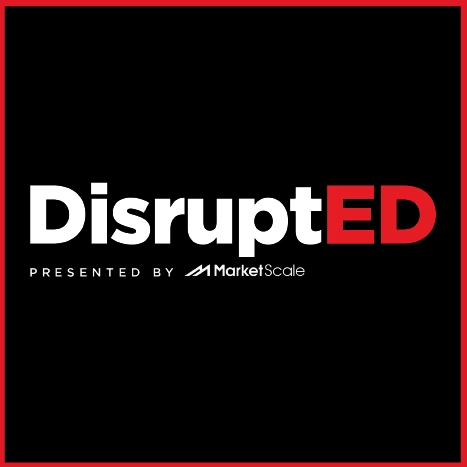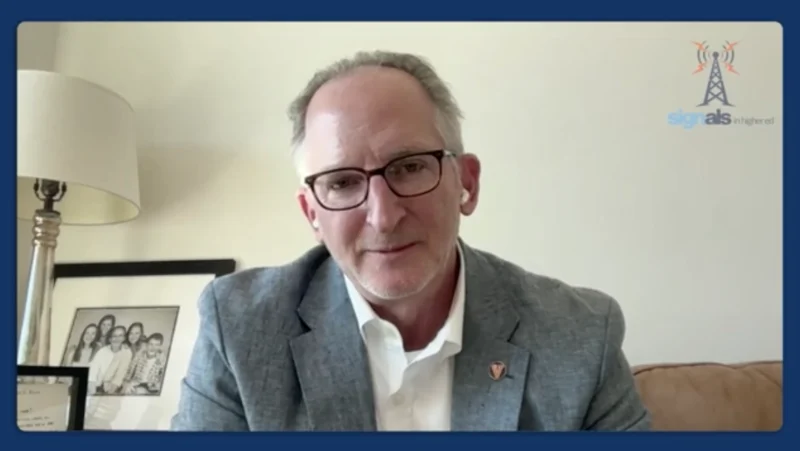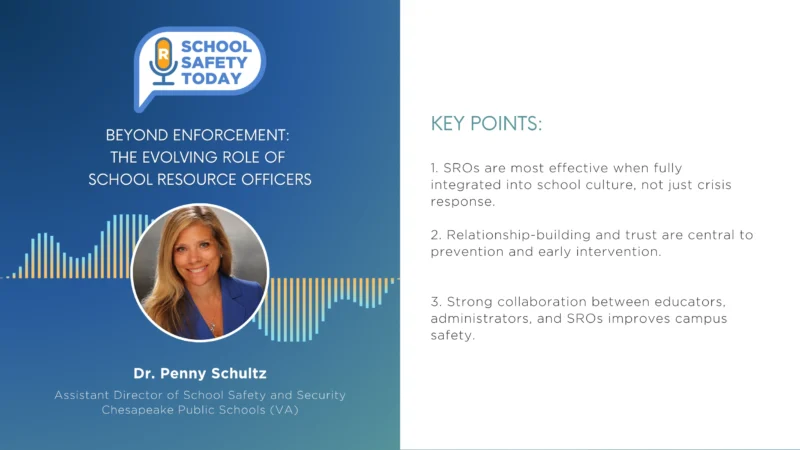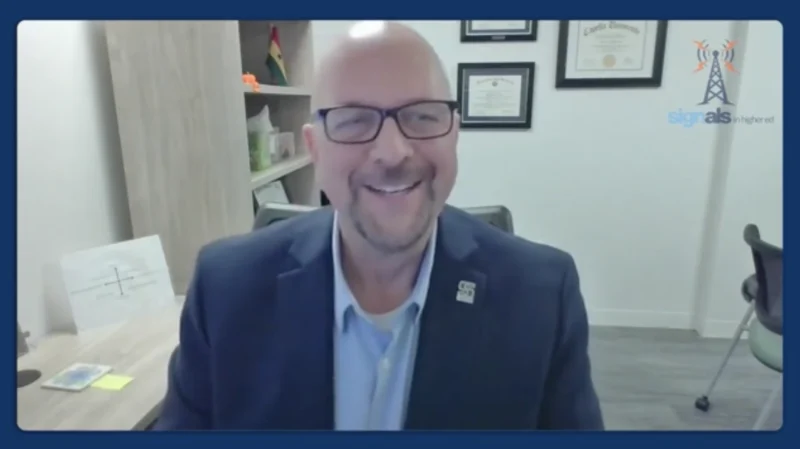Adult Education is Experiencing a Renaissance That is Reshaping the Educational Landscape
The crux of adult education, once a marginal segment, has come into sharp focus as a crucial tool for economic and social empowerment. Per the Center for Law and Social Policy, nearly 40 million adults in the U.S. have not completed high school, representing approximately 12 percent of the population. But even as adult learners make their way back to school, it raises another question.
How can the educational ecosystem pivot to accommodate, support, and uplift adult learners, dispelling myths and addressing the unique challenges they face?
For the first segment of the two-part edition of “Supporting Adult Learning in a DisruptEd World,” host Ron J. Stefanski chatted with Vicki Greene, CEO of the GED Testing Service, and Dr. Howard Liebman, CEO and Superintendent of Schools at Smart Horizons Career Online Education. Their conversation explored the transformative potential of adult education, and the strategies to foster an inclusive, empathetic, and empowering learning environment for adult education.
Some standout points from their conversation included:
- The Evolution of GED, which includes adapting to computer-centric model from paper, and how many learners it impacts annually.
- Dr. Liebman’s groundbreaking research on the trauma associated with disrupted education and the imperative to craft learning pathways that mitigate this trauma.
- The integration of skill training with foundational education to deliver tangible, immediately applicable results.
Vicki Greene is the CEO of the GED Testing Service, a program committed to ensuring anyone has the opportunity to earn a high school equivalency diploma. Under her leadership, the organization has developed innovative partnerships with employers, implemented programs to support learners, and has redefined what adult education looks like.
Dr. Howard Liebman is the CEO and Superintendent of Schools at Smart Horizons Career Online Education. He is recognized for his initiatives in re-engaging adults into the educational system.
Article written by Alexandra Simon.




